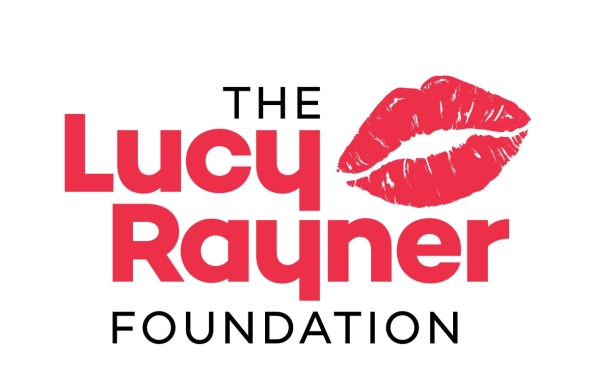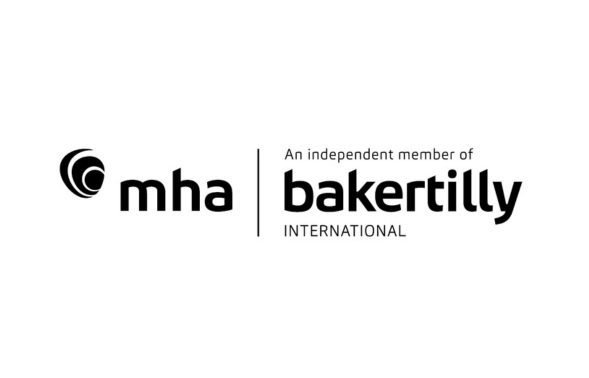The Government has asked the Office of Tax Simplification to review Capital Gains Tax (CGT). Changes are likely to be announced in the Chancellor's autumn statement and may see CGT and income tax rates aligned.
That will have significant impact for property investors, second homeowners, shareholders, entrepreneurs and family trusts, says accountants, business and financial advisers Kreston Reeves
Jo White, a Director in the Tax Advisory tear at Kreston Reeves explains.
"The Government has made historic levels of spending into the UK economy to help businesses and individuals through the coronavirus pandemic. We know that a review of taxation was likely to follow and Capital Gains Tax, much overlooked in recent years, is an obvious and easy place for government to start.
"Buy to let investors with portfolios held personally or in corporate structures will feel these changes if they look to sell parts of their portfolio or shares in the company that holds property. Property investors have been the target of many recent tax changes and may feel unfairly targeted at a time when they are facing Covid-related rent holidays from tenants.
"Individuals with a holiday or second home could face, if they are an additional rate taxpayer, a CGT rate of 45% on any gain from the sale of property and will have just 30 days to settle any liability. Many may inevitably choose to hold on to property seeking rental incomes instead.
"It is interesting to note that the Government is trying to stimulate the property market with its Stamp Duty holiday, but in playing with CGT rates may hold back parts of the property market that are typically active."
Individuals holding shares and family trusts are also likely to be hit by any changes to capital gains tax rates, as Jo explains.
"The sale of shares whether by an individual or a family trust is liable to capital gains. That is currently capped at 20% but could increase to as much as 45% assuming the CGT rates are aligned with income tax rates. We would not be surprised to see shares "dumped" in advance of any changes to CGT rates, but would remind investors and family trusts that any sale of shares should be driven by a wider and long-term investment strategy and not by tax alone.
"Entrepreneurs will also be dismayed by any changes to CGT on the sale of a business. Business owners that have not yet started the exit process will have little realistic chance of securing a sale in the timeframes available. But those who are well into the sale process can still take advantage of current reliefs. CGT is charged at the point of unconditional contract exchange, not completion. It may be that contracts can be exchanged and the completion date stretched to allow sale details to be ironed out. This is not without its risks and advice should be taken."



















